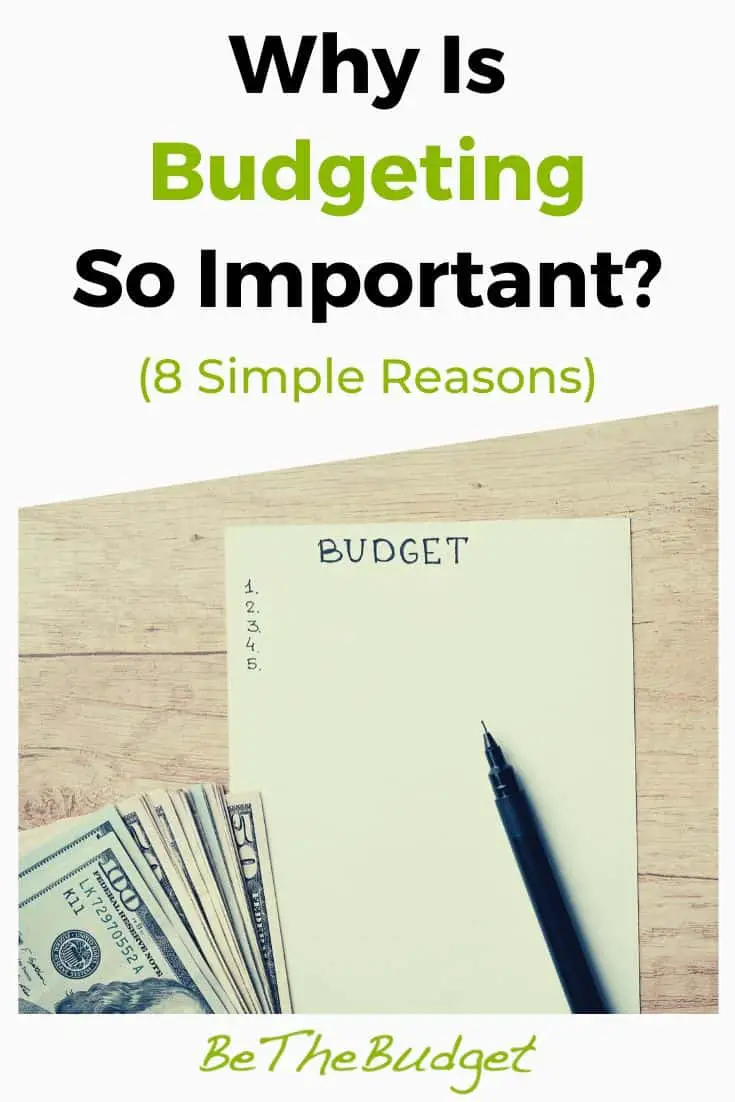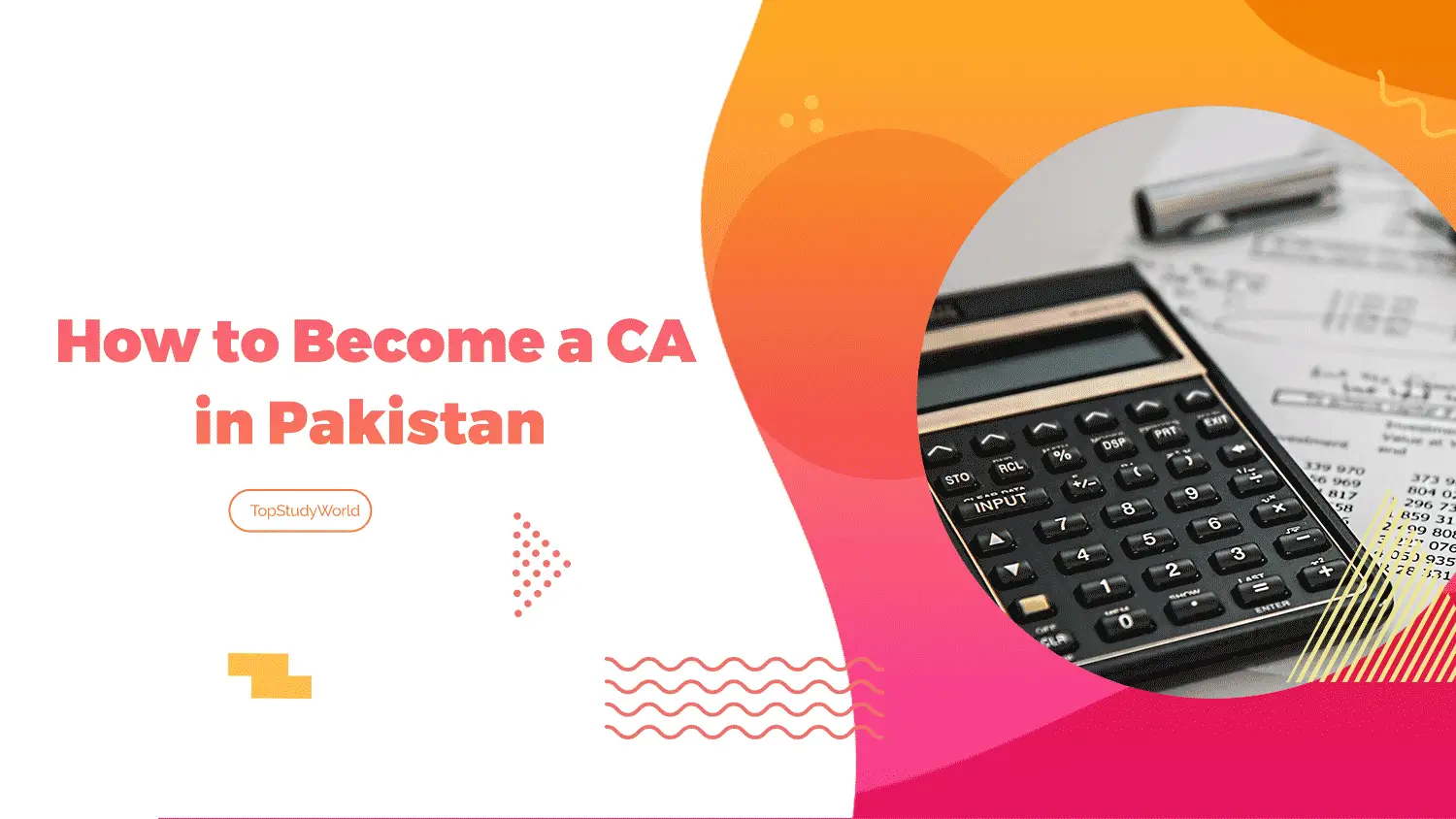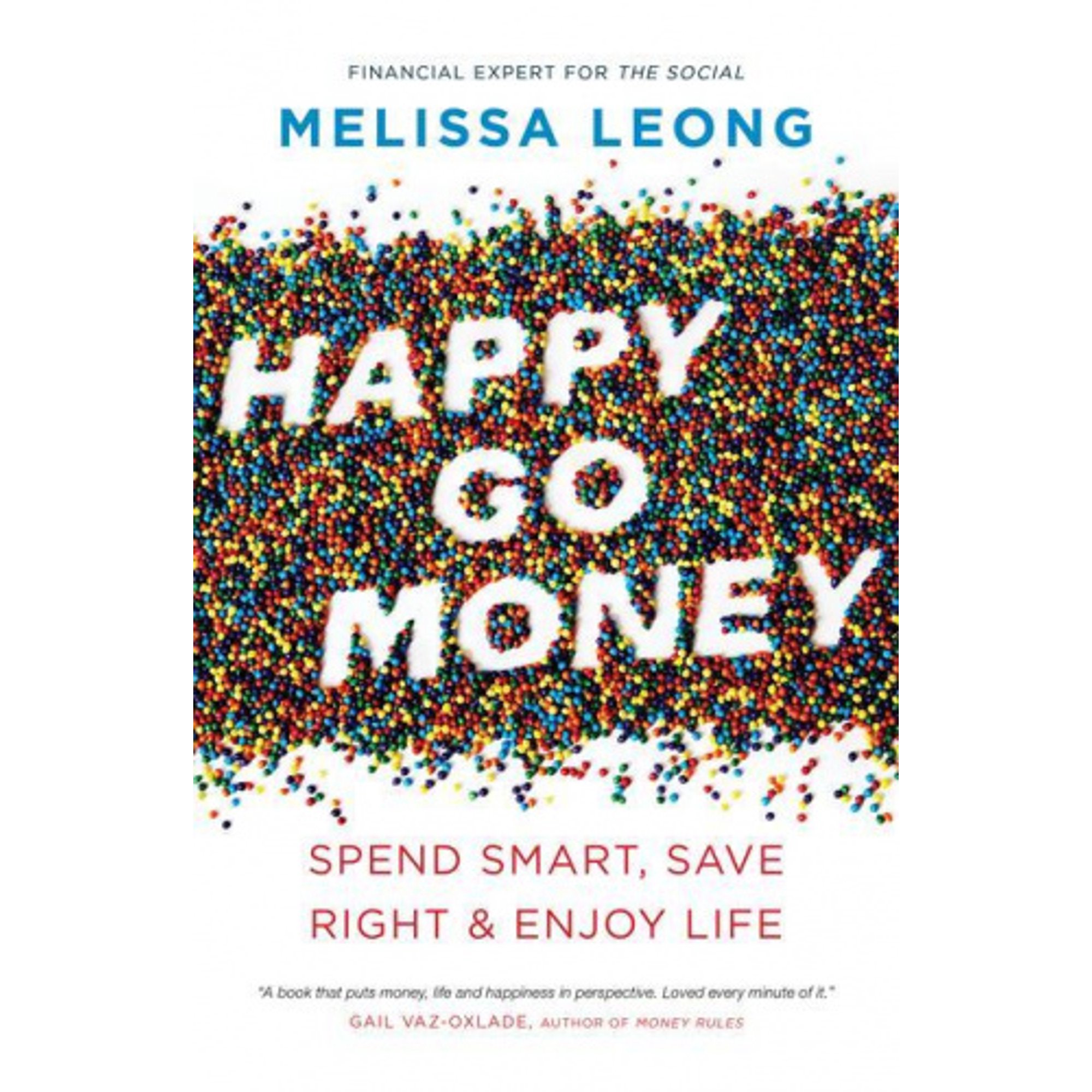Budgeting is not only a great way to save money but also helps you become more aware of your spending habits. It can help you cut bad habits like buying coffee every day and instead focus on saving for something big like a trip to the beach or a new TV.
Make a list of all your expenses
Budgeting is an essential skill to learn if you want to make sure your financial future is healthy. Whether you’re trying to save for a home repair or a trip to the beach, tracking your expenses and setting goals will help you reach those goals.
The first step in budgeting is to make a list of all your expenses. This includes fixed costs such as rent or mortgage payments and utilities, and variable expenses like gas and groceries.
Once you have a list, try to determine what categories consume the most money in your budget and where you can cut back. You may be surprised at how much you spend on certain items and how little you’re spending in other areas.
You can use a budget spreadsheet or app, or you can write down all your expenses. The key is to track your spending all month long and adjust as needed.
Make a list of all your income
The first step in budgeting is to take an inventory of all the income that comes into your household. This includes money you earn at work, side hustles, government support or other financial help.
If you’re married or living with a partner, be sure to include their income as well. Having all your finances in order is important to making the most of your savings and investments.
Next, subtract all your necessary fixed expenses from your total income to get your net income. This will give you a better idea of how much money you have left over for spending on your goals.
You can then use a 50/30/20 or pay-yourself-first budget to divide your income between necessary expenses and discretionary spending. This will allow you to redirect a large portion of your monthly income towards paying off debt and building up savings.
Make a list of all your fixed expenses
Budgeting is an important financial skill that can help you build a solid emergency fund and save for retirement. It also can encourage you to become more invested in your own finances.
Fixed expenses are the bills you pay each month or year that don’t change in amount, such as your rent or mortgage payment, insurance and car payments. They are the easiest to budget because you can usually expect them to be the same amount each month, and you may want to set up automatic bill payments.
Variable expenses are the ones that fluctuate in amount each month, such as water, electric and gas charges. These costs can be trimmed down if you can adjust your lifestyle or budget to make more money each month.
The best way to start budgeting is to list all your fixed and variable expenses. Then, subtract your total monthly expenses from your income to determine how much you have left to spend each month.
Make a list of all your variable expenses
One of the most important aspects of budgeting is understanding what types of expenses you have and where your money goes. If you don’t, you can get caught in a cycle of spending more than you make and ending up short on the bills you need to pay each month.
Variable expenses vary from month to month and may change because of price changes or the amount you buy and use. Examples of variable costs include gas and electricity, which fluctuate based on your usage.
The best way to keep your variable expenses within your budget is to reassess them annually. This will give you the opportunity to make strategic changes that can help you reduce your expenses.
Taking the time to budget for your fixed and variable expenses can help you plan ahead so that you don’t have any unexpected surprises or big gaps in your finances. This can be especially helpful if you want to save for retirement, build an emergency fund or pay off debt.



